Humans
Sign up for our newsletter
We summarize the week's scientific breakthroughs every Thursday.
-
 Humans
HumansHow child soldiers heal after the trauma of war
For more than two decades, Theresa Betancourt has studied Sierra Leone’s former child soldiers. Her new book Shadows into Light tells their stories.
-
 Health & Medicine
Health & MedicineIs alcohol linked to cancer? Here’s what the science says
A new U.S. Surgeon General's report describes the link between drinking alcohol and developing cancer. Many Americans aren’t aware of the risk.
-
 Health & Medicine
Health & MedicineWhat to know about the first bird flu–related death in the U.S.
H5N1 has infected 66 people in the United States since early 2024, mostly causing mild illness. A Louisiana man was the first to get severely sick.
-
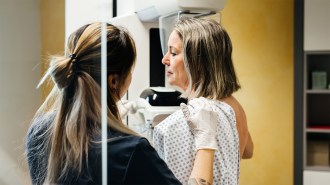 Health & Medicine
Health & MedicineAI helps doctors detect more breast cancer in the largest real-world study
AI is as good as clinicians at interpreting mammograms, a cancer study with nearly 500,000 participants in Germany suggests.
-
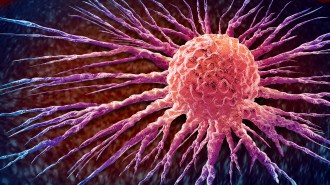 Health & Medicine
Health & MedicineThe spread of breast cancer may be inherited
A variant of PCSK9, a gene involved in raising cholesterol, may spur metastasis. An approved antibody might stop it.
-
 Health & Medicine
Health & MedicineShort bursts of physical activity cut women’s risk of heart attack
Even just a few minutes of vigorous movement per day lowers the risk of serious cardiovascular problems, like heart attack and heart failure, in women.
By Meghan Rosen -
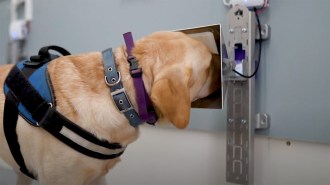 Health & Medicine
Health & MedicineDogs team up with AI to sniff out cancer
Scientists paired Labrador retrievers with an AI model in a new screening test for breast, lung, colorectal or prostate cancer.
By Meghan Rosen -
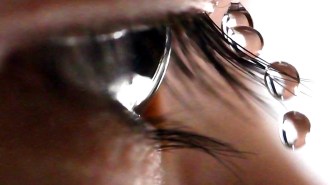 Physics
PhysicsEyelashes’ special features help fling water from the eyes
Eyelashes “micro-ratchet” structure and curved shape help wick water away from the eyes.
-
 Health & Medicine
Health & MedicineTelehealth helps people get health care, but access may soon be in limbo
COVID-era telehealth laws made health care more accessible for rural patients, but telehealth might not be as easy to access next year.
By Sophie Hartley and Andrea Tamayo -
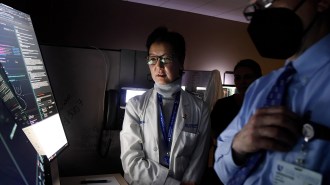 Health & Medicine
Health & MedicineStage 0 breast cancer patients may not need to rush to surgery
Women with Stage 0 breast cancer who got biannual mammograms and delayed surgery for two years fared as well as those who got immediate surgery.
-
 Health & Medicine
Health & MedicineDeaths related to the cold have grown since 1999 in the U.S.
From 1999 to 2022, the rate of cold-related deaths rose from about 4 per 1 million people to 9 per 1 million in the United States.
-
 Health & Medicine
Health & MedicineHere’s how public health fared in 2024
Viral outbreaks, extreme heat and access to clean water are among the year’s big public health headlines.